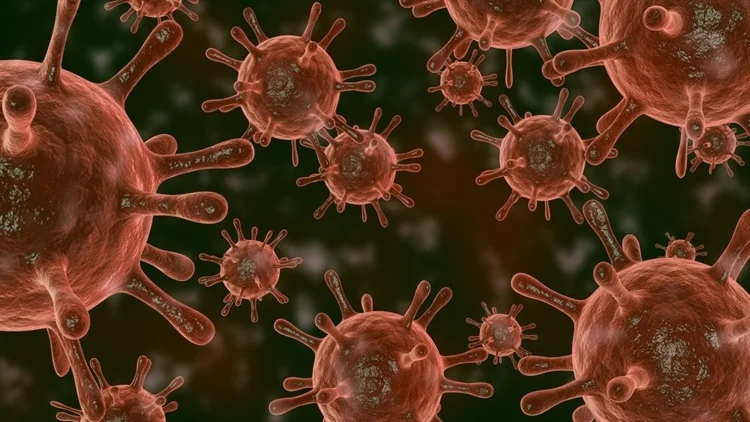SARS-CoV-2, the single-stranded RNA virus that is the cause of the coronavirus illness 2019 (COVID-19), is an enveloped member of the Coronaviridae family.
There have been outbreaks with significant human deaths caused by other coronaviruses in the past, such as the Middle East respiratory syndrome coronavirus (MERS-CoV). It is thought that bats are where MERS-CoV and SARS-CoV first infected humans.
Bats are also thought to be the SARS-CoV-2 virus’s natural host. SARS-CoV-2 has been discovered to be present in Rhinolophus bats, although its progenitor virus has not yet been identified.
Only four of the 1,400 different species of bats in the globe have had their vulnerability to SARS-CoV-2 evaluated. While it may not be possible to assess each of these bat species’ susceptibility to SARS-CoV-2,SARS-CoV-2, the single-stranded RNA virus that is the cause of the coronavirus illness 2019 (COVID-19), is an enveloped member of the Coronaviridae family.
There have been outbreaks with significant human deaths caused by other coronaviruses in the past, such as the Middle East respiratory syndrome coronavirus (MERS-CoV). It is thought that bats are where MERS-CoV and SARS-CoV first infected humans.
Bats are also thought to be the SARS-CoV-2 virus’s natural host. SARS-CoV-2 has been discovered to be present in Rhinolophus bats, although its progenitor virus has not yet been identified.
Only four of the 1,400 different species of bats in the globe have had their vulnerability to SARS-CoV-2 evaluated. While it may not be possible to assess each of these bat species’ susceptibility to SARS-CoV-2,Importantly, TMPRSS2 and ACE-2 protein sequences from bats and humans were aligned and compared for similarity.










